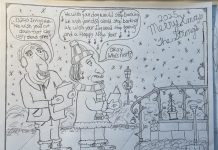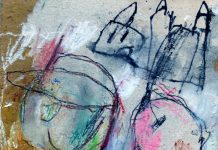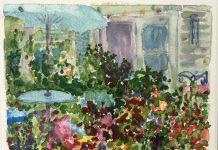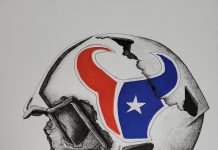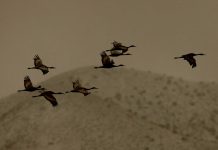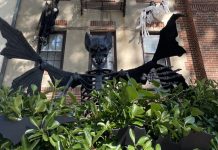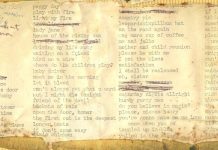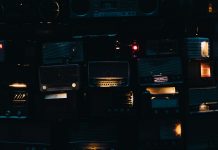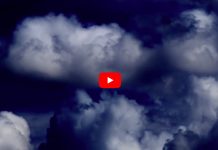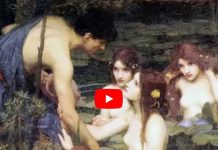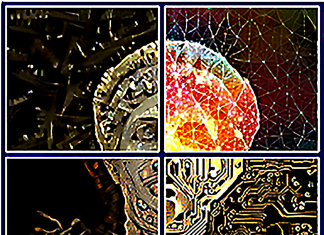Q: Would you categorize poetry as fiction or nonfiction? My own opinion would be nonfiction because it speaks or alludes to universal truths no matter the form or content.
A: Please understand and accept that text is not a human being.
To our eye, text is typically two-dimensional (height & breadth, with no visible depth) and, in English, scanned from left to right. Humans, by contrast, are three-dimensional: we are often scanned in vertical fashion, up and down, down and up.
(At least while we are standing!)
Humans write. But we, ourselves, are not writing: writing is something different. The relative crudity of text insures no poem can encompass the entirety of even a single human being as they actually exist during any given moment in time.
Did you catch the liver spot near the right corner of the mouth? The flash of gold crowns when the individual smiles?
We see these details—dozens more—with one quick glance at a living human being. Text, by contrast, selects which details to reveal, and strings them out in sentences.
26 SYMBOLS VS BIOLOGICAL PRESENCE
Allow me to be so bold as to opine that all creative writing is fiction, because writing is selective and never tells the whole story…no matter how many words are employed!
You know the saying: “History is written by the victors.” This means the victors leave a lot of stuff out: things which might have been important to the vanquished.
People are shocked to learn that writing is an art—artifice—which tells only part of any story. In the words of Suzanne Langer, writing gives us a “simulacrum of reality”…never reality itself. This is particularly true of creative writing in which the artist decides what to stress and what to ignore in her text.
ARTISTS PICK AND CHOOSE: WRITERS ARE ARTISTS
When we read about a person in writing, we are reading a literary character artificially created by an author. Have I convinced you yet of this fact?
It’s especially true in poetry, where we typically scan the thoughts and sentiments of a Narrator. We like to think a Poetic Narrator is the person who wrote the poem, but of course it is not. The Narrator of any and every poem is a fictional construct built by an artist using the 26 symbols we call “letters of the alphabet.”
———————————————
A) I met a traveller from an antique land,
Who said—
B) Shelley was inspired to write “Ozymandias” after reading the ancient Greek writer Diodorus Siculus’s description of a real-life statue of Ozymandias.
———————————————
A) is the opening line of Shelley’s great poem, and B) is a description of Shelley’s writing process I located online.
The first thing Shelley does is lie to his readers! In service to the poem, Shelley wants you to believe that he (the Narrator) “met a traveler from an antique land”…when in fact the Narrator (Shelley)…merely read a book.
WHY THIS IS IMPORTANT
I’m going to let this go now because I don’t wish to impugn the integrity of any working poet.
Please reach an understanding that your writing isn’t you: at best it’s fragments of you, captured as symbols on a page.
Poetry is, in fact, the highest form of creative writing—it’s fiction which allows the artist to stretch the truth for the purpose of creating a more vivid experience for the reader.
You can even lie through your teeth like Shelley…so long as your use of creative license supports and enhances the fictional world of the text.




